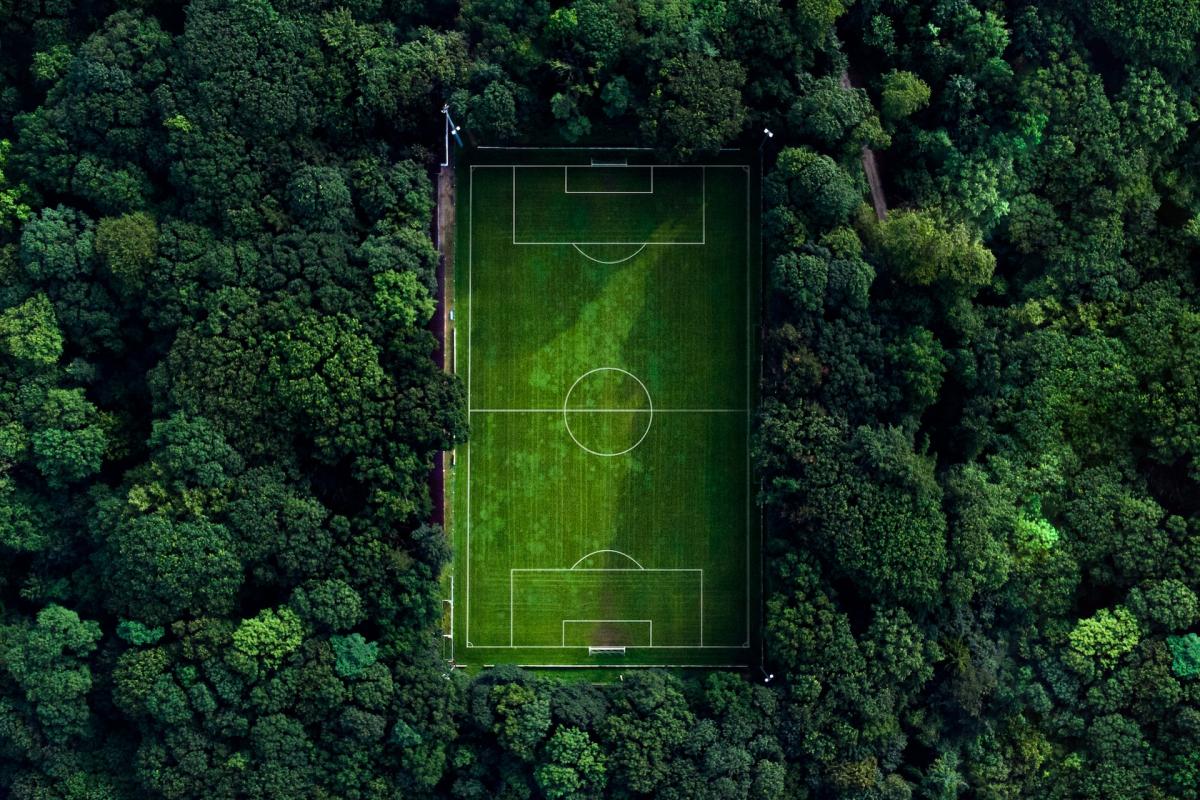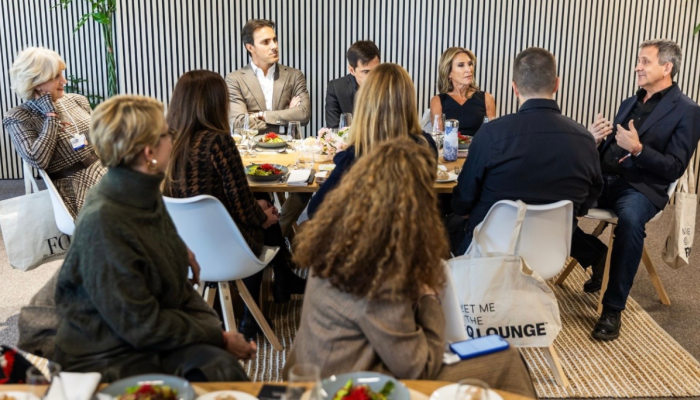In the run up to start of the FIFA World Cup 2022, attention increasingly focused on the negative issues surrounding the choice of Qatar as host nation. Questions about human rights, LGBTQ+ policies and the safety of workers were rightly being asked with ever louder voices.
The debate about whether it was right to award the tournament to Qatar continues to rage. But amidst all the just criticism of Qatar 2022, it can be easy to forget the power this game has to inspire, unify and create change. Football remains unsurpassed as a cultural commodity and its ability to drive positive change in society.
When awarding the host, then-FIFA President Blatter said he was delighted football was going "to new lands.” But Qatar isn't the new land of football we should be aiming for. There are far more promising places to visit, with real scope for positive impact for our people, brands and planet.
The land of inclusion and belonging
This is a land where every player and supporter feels they belong, on the pitch and in the ground, regardless of any underrepresented differences.
Invariably, given Qatar’s stance on LGBTQ+ rights, much of the criticism has landed here. Indeed, this was the focus of Brewdog’s ill-advised recent anti-sponsor campaign. But many brands have chosen to promote positivity rather than throw stones - adidas' statement of LOVE with the Belgium away kit and Virgin Atlantic choosing to fly the England team on a plane named Rain Bow act as two of the more creative examples.
Closer to home, progress is being made. Next year Rainbow Laces will turn 10 years old, and should be proud that Blackpool’s Jake Daniels came out as the first openly gay male professional in Britain. EE’s Hope United is seeking similar progress on sexist hate.
So what next? The first port of call should be to build on the progress the game has seen around gender, (dis)ability and sexual orientation with other underrepresented groups - there’s lots to be done when it comes to religion, ethnicity and race.
The opportunity is for brands to move beyond representation to actually ensuring those that are diverse feel welcomed and able to contribute to the beautiful game.
The land of Net Zero
This is a land where football places sustainability at its core, and is a major influencer in tackling the climate emergency.
Football is a contributor to climate change. Qatar has been billed as the first carbon-neutral world cup when its carbon footprint is estimated at 3.6 million tonnes. From player and fan travel, through to the energy consumed to power stadiums and the production of new merchandise every season, football’s impact is significant.
The game will also be a victim of climate change, and teams are waking up to this reality. Forest Green Rovers, backed by Ecotricity, have become the most eco-friendly club in the world by going vegan, wearing sustainably-made kit, and powering their stadium by green energy electricity.
The brands who supply and sponsor clubs also have an important role to play by providing fans with an elevated football experience. As part of their commitment to the world renewed, Budweiser’s The Energy Collective is powering pubs with renewable energy this world cup.
The land of thriving people
This is a land where football can drive positive change for health on and off the pitch.
Participation in football allows anyone to reap its beneficial qualities. And brands are well placed to provide access to space, equipment and networks to make this participation happen. Whilst Coca-Cola and Barclays have focussed on creating impact at the professional level, others have worked at the grassroots level. Weetabix are partnering with England Football to provide a pathway for young girls to play football for the first time.
But football can go beyond exercise and into areas like nutrition, where Marcus Rashford’s fight to provide disadvantaged children free school meals during term holidays received support from brands including the Co-op. Meanwhile, for the past six years Common Goal has mobilised players, fans and brands like adidas around their unique 1% pledge, much of which has been channelled towards the UN SDGs.
Football’s reach goes beyond the physical game with the FIFA franchise being the most popular sports video game in history. EA Sports' partnership with the Kiyan Price Foundation saw the QPR prodigy added to the game 15 years after Kiyan’s life was cut short by knife crime. A way to raise awareness of the issue among a young audience who don’t always respond to traditional knife crime campaigns.
Those watching this year’s world cup may look upon the spectacle and wonder if this is the future of football. Football can, and should, aim for better lands. Its power can be harnessed to deliver positive impact for communities around the world, and brands are positioned to play a key role to make this happen.



